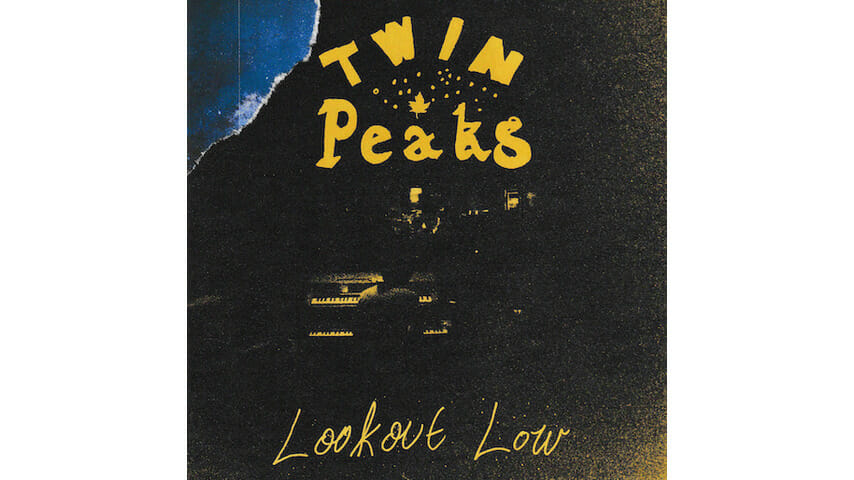No-Fuss Production Lets the Rock ‘n’ Roll Breathe on Twin Peaks’ Lookout Low
The Chicago indie vets tap a big-name producer for their latest lowkey project, but they play it a little too safe

Almost 15 years ago, Kings of Leon released Aha Shake Heartbreak in November 2004, their sophomore album and second project produced by big-name English producer Ethan Johns. It’s half scratchy, lightly-tampered-with southern rock punctuated with Caleb Followill’s forlorn wails and half hooky, riffy White Stripes-esque earworms. Johns has worked with everyone from Counting Crows and Rufus Wainwright to Laura Marling and The Staves, but it was there—on those first few Kings of Leon records—where his classic rock instincts worked best.
Chicago band Twin Peaks were listening to Kings of Leon when they had the idea to call up Johns. He agreed to produce their new album Lookout Low under the condition they recorded it live at his studio in Wales. For a notoriously rowdy live band like Twin Peaks, who regularly sell out halls and clubs from coast to coast, Johns made the right call. He had the wherewithal to lay off the sound board and just let Clay Frankel and co. do their thing, jam and gel and juice up their respective instruments. And if you can’t make it out to see Twin Peaks in person, it’s the next best thing to the real deal. You can hear the scratchy wails and loose grooves loud and clear on Lookout Low.
What’s lacking are hooks. Where Aha Shake Heartbreak had contagious nuggets like “The Bucket,” this album has half-baked noodling and wannabe stoner anthems. More often than not, Twin Peaks sound like a jam band in training, rather than the rambunctious rockers who blew the roof off the garage on records like 2014’s Wild Onion and 2016’s Down in Heaven.
-

-

-

-

-

-

-

-

-

-

-

-

-

-

-

-

-

-

-

-

-

-

-

-

-

-

-

-

-

-

-

-

-

-

-

-

-

-

-

-








































